Introduction
The Ultimate Guide to Shiba Inu offers insights into this unique breed.
- They are known for their spirited personality and fox-like appearance
- Shiba Inus require special care to maintain their unique health and behavioral needs
- Understanding their history, traits, and care is essential for potential owners
- This guide offers everything you need to know about owning a Shiba Inu
- Learn how to provide the best care and enjoy a great bond with your Shiba Inu
1. History and Origin
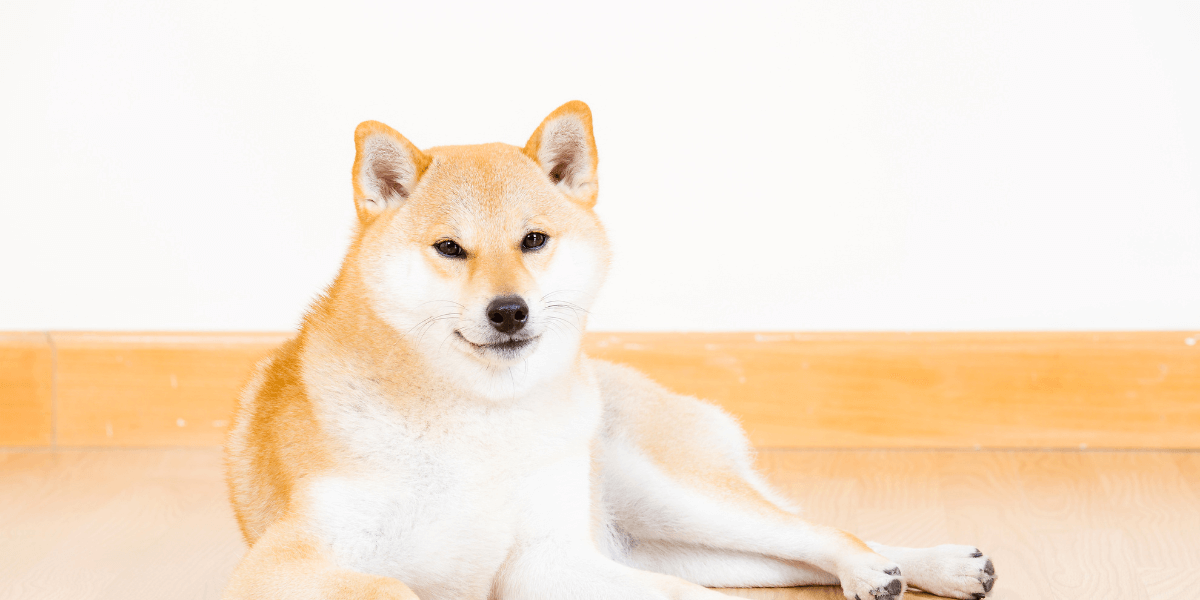
The Shiba Inu is an ancient breed that originated in Japan.
- Origin: Shiba Inus were bred for hunting in the mountainous regions of Japan
- Historical Significance: They are one of Japan’s oldest native breeds
- Preservation: Efforts were made to preserve the breed after World War II
- Popularity: Gained popularity outside Japan in the late 20th century
- Recognition: Recognized by the American Kennel Club (AKC) in 1992
- Cultural Symbol: Shiba Inus are considered a symbol of good luck in Japan
- Ancient Roots: Their ancestors date back thousands of years
- Modern Role: They are now popular companions worldwide
2. Physical Characteristics
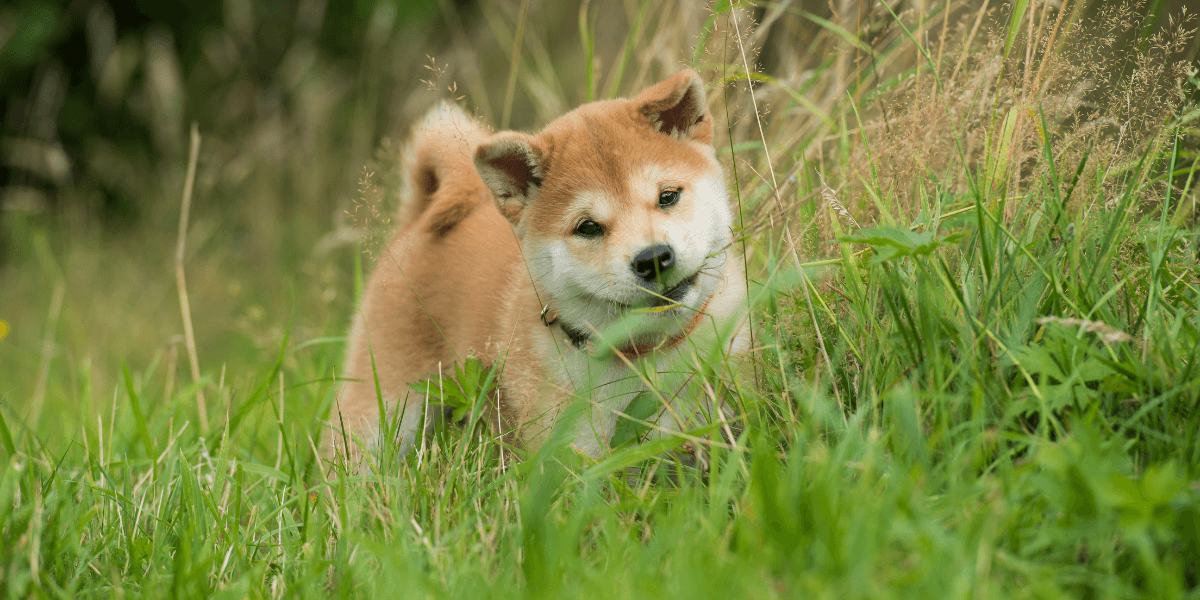
The Ultimate Guide to Shiba Inu details their unique and striking physical traits.
- Size: Typically weighs between 17-23 pounds, standing about 13-17 inches tall
- Coat: Have a double coat that is thick and weather-resistant
- Colors: Common colors include red, black and tan, and sesame
- Eyes: Almond-shaped eyes give them a keen, alert expression
- Ears: Small, triangular ears stand erect and point slightly forward
- Tail: A curled tail carried over the back is a distinctive feature
- Build: A compact and muscular body provides agility and strength
- Lifespan: Generally live between 12-15 years with proper care
3. Temperament and Personality
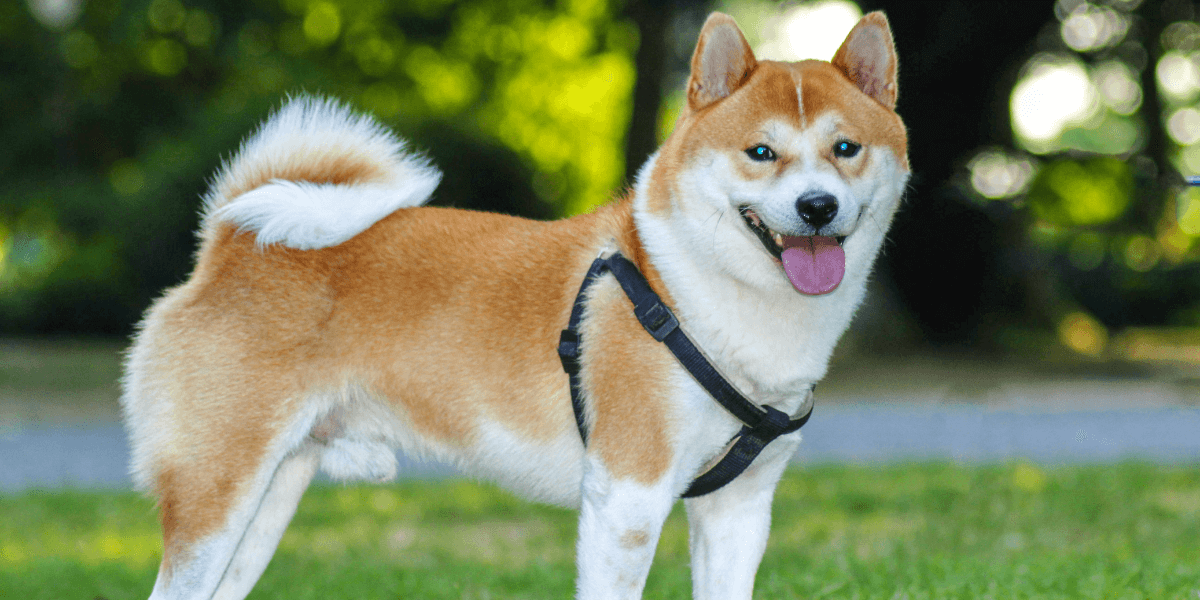
Shiba Inus are spirited, independent, and have a strong-willed nature.
- Independence: Known for their independent and aloof nature
- Alertness: Naturally alert and make excellent watchdogs
- Strong-Willed: They have a strong personality that requires firm training
- Affectionate: Can be affectionate with family but reserved with strangers
- Intelligence: Highly intelligent but can be stubborn in training
- Energy Level: Active and energetic, requiring regular exercise
- Curiosity: Very curious and love to explore their surroundings
- Loyalty: Loyal to their owners and form strong bonds
4. Training and Socialization
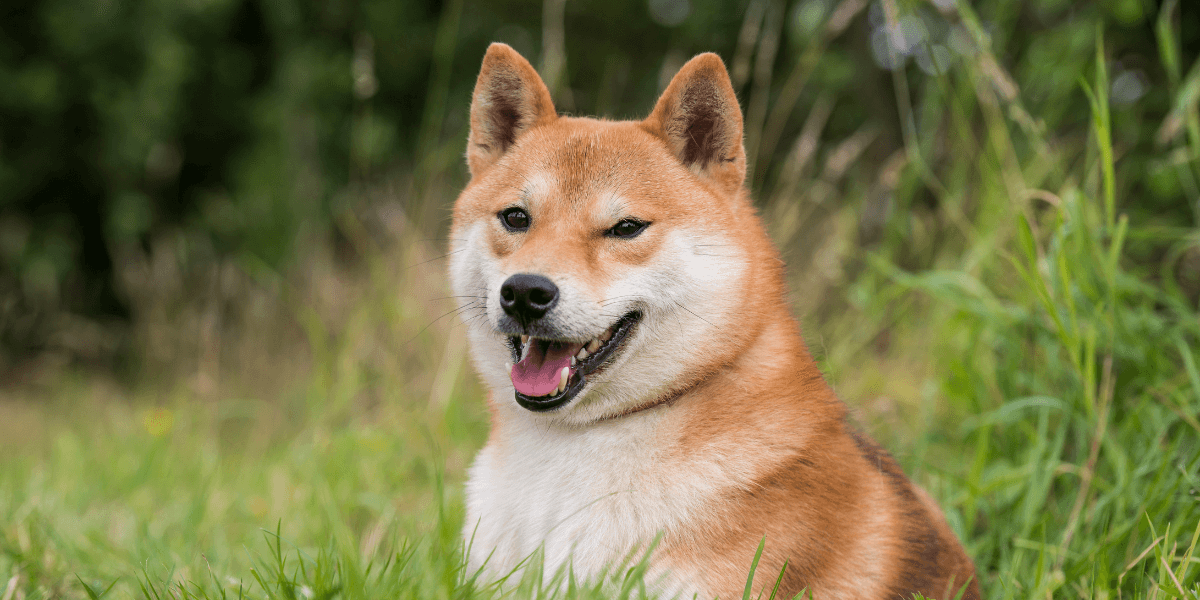
Proper training and socialization are essential for a well-behaved Shiba Inu.
- Early Training: Start training and socialization early for best results
- Consistency: Use consistent methods and positive reinforcement
- Patience: Patience is key as Shiba Inus can be stubborn
- Socialization: Introduce them to different environments and people
- Commands: Teach basic commands like sit, stay, and come early on
- Crate Training: Crate training can help with housebreaking and safety
- Exercise: Provide regular mental and physical exercise to prevent boredom
- Professional Help: Consider professional training if challenges arise
Discover effective strategies for training your Shiba Inu by exploring our comprehensive guide on Great Dane Training.
5. Health and Care
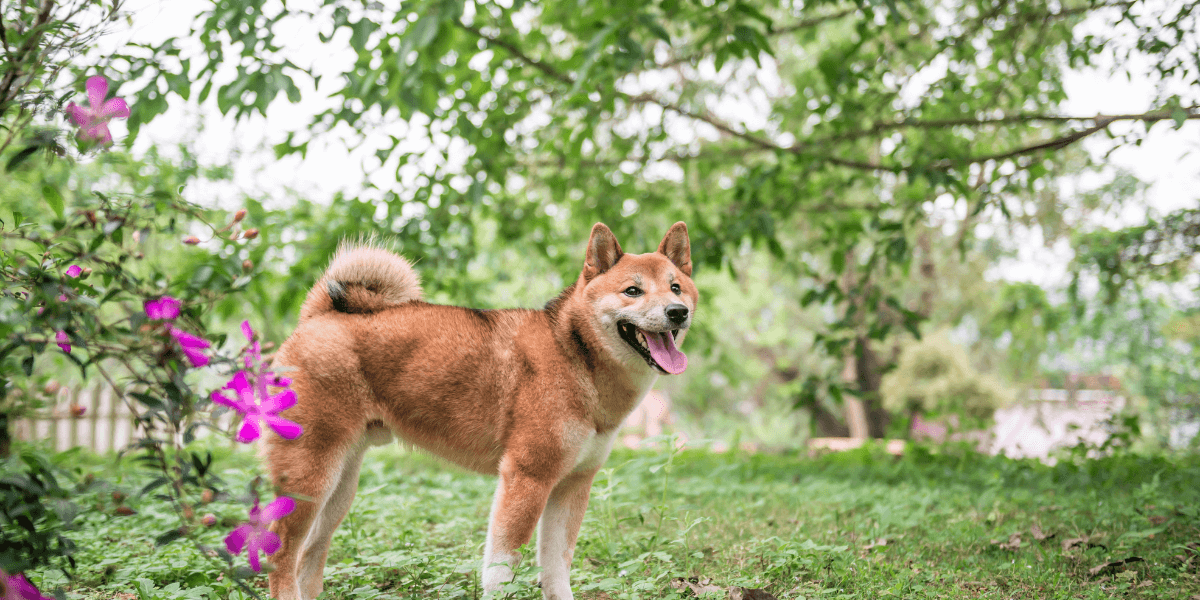
The Ultimate Guide to Shiba Inu offers essential tips for maintaining their health.
- Regular Check-ups: Annual vet visits are essential for preventive care
- Vaccinations: Keep vaccinations up-to-date to prevent diseases
- Dental Care: Regular brushing and dental check-ups prevent gum disease
- Weight Management: Maintain a healthy weight with a balanced diet
- Exercise Needs: Daily walks and playtime are necessary for physical health
- Grooming: Regular grooming helps manage shedding and maintain coat health
- Parasite Control: Regular flea, tick, and worm prevention is important
- Monitor Health: Watch for signs of common issues like allergies or joint problems
6. Nutrition and Diet
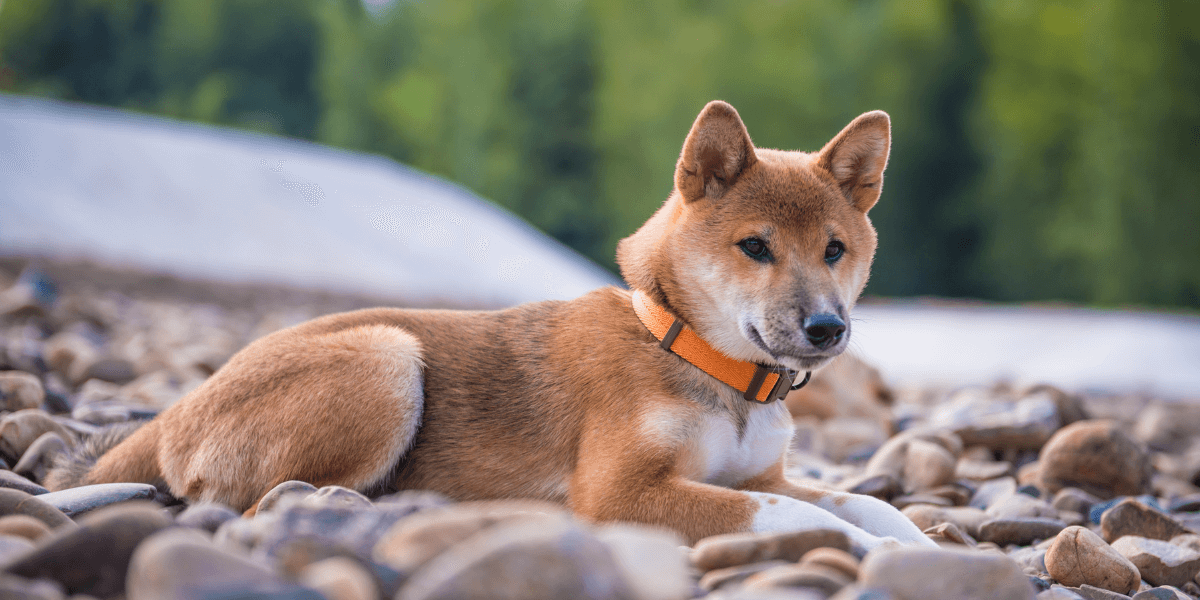
Proper nutrition is vital for Shiba Inu's overall health and longevity.
- High-Quality Food: Feed high-quality dog food suited to their age and activity level
- Portion Control: Avoid overfeeding to prevent obesity
- Hydration: Ensure fresh water is always available
- Supplements: Consider supplements like glucosamine for joint health
- Avoid Harmful Foods: Avoid toxic foods like chocolate, grapes, and onions
- Treats: Use healthy treats in moderation for training rewards
- Diet Changes: Introduce new foods gradually to avoid digestive issues
- Regular Check-ups: Consult a vet for dietary recommendations
Ensure your Shiba Inu's optimal health by following dietary insights from our Vet's Guide on the Healthiest Diet for German Shepherds.
7. Grooming and Maintenance
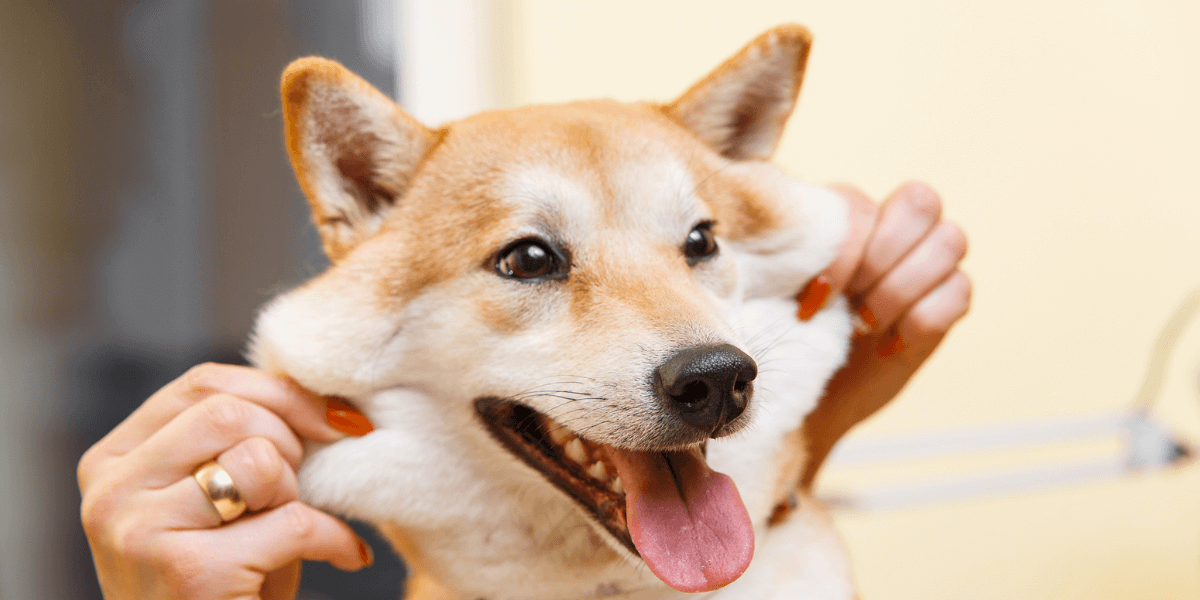
The ultimate guide to Shiba Inu emphasizes the importance of grooming and maintenance for overall well-being.
- Brushing: Brush regularly to reduce shedding and keep the coat clean
- Bathing: Bathe only when necessary to maintain natural oils
- Nail Trimming: Trim nails regularly to avoid discomfort and injury
- Ear Cleaning: Check and clean ears weekly to prevent infections
- Dental Hygiene: Brush teeth regularly to prevent tartar buildup
- Shedding: Expect heavy shedding twice a year during seasonal changes
- Skin Checks: Regularly check for any lumps, bumps, or skin issues
- Professional Grooming: Consider professional grooming if needed
Keep your Shiba Inu looking their best with grooming tips inspired by our German Shepherd Grooming guide.
FAQs
1. Are Shiba Inus good for first-time dog owners?
- They can be challenging due to their independent nature
2. How much exercise does a Shiba Inu need?
- At least 30-60 minutes of daily exercise is recommended
3. Do Shiba Inus get along with other pets?
- They may not always get along with other pets, especially small animals
4. How often should I groom my Shiba Inu?
- Brush at least once a week and more during shedding seasons
5. What are common health issues in Shiba Inu?
- Common issues include hip dysplasia, allergies, and dental problems
6. Can Shiba Inus be left alone for long periods?
- They may become anxious or bored; not ideal for long periods alone
7. How do I train a stubborn Shiba Inu?
- Use positive reinforcement, consistency, and patience
Conclusion
- The Ultimate Guide to Shiba Inu helps you understand this remarkable breed
- Proper training and socialization are key to managing their strong-willed nature
- Regular vet visits and preventive care maintain their health
- Nutrition and exercise are essential for their physical well-being
- Grooming helps keep them clean, healthy, and looking their best
- With the right care, your Shiba Inu can be a loyal and loving companion




